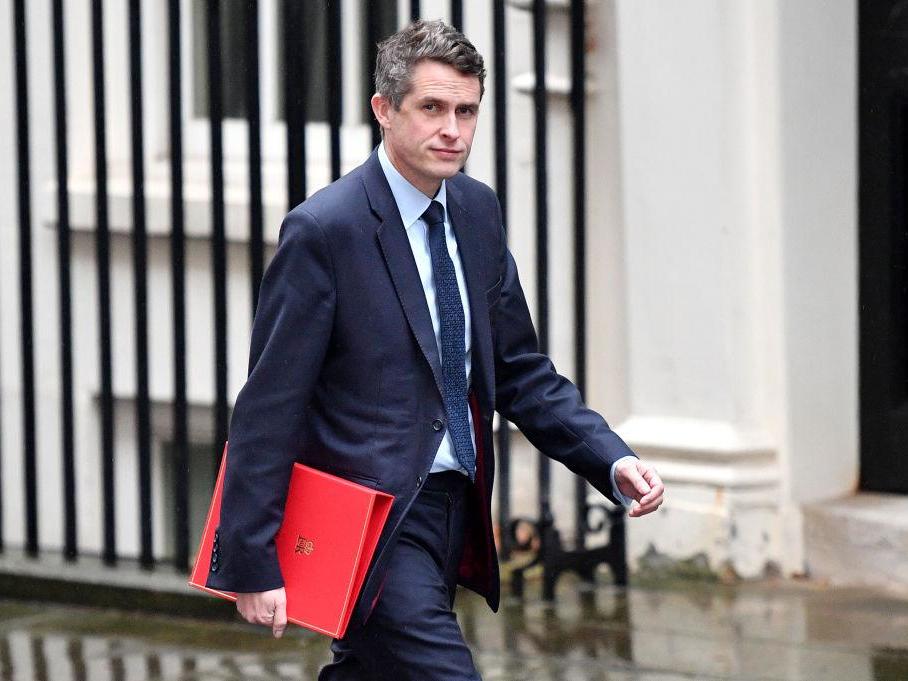Why have so few education secretaries left a mark on the nation’s schools?
As Gavin Williamson struggles to limit the damage done to young people’s education by coronavirus, John Rentoul looks at his predecessors


Gavin Williamson is the latest education secretary to find himself firefighting problems rather than using his position to crusade for the noble cause of broadening the horizons of young people.
Already under pressure to ensure that children go back to school in England next month, he now has to decide what to do about A-level exam grades tomorrow – after John Swinney, the Scottish education minister, reversed a decision to downgrade teacher assessments of pupils whose exams were cancelled.
Education secretaries have made their mark in the past, for good or ill. Tony Crosland (1965-67) will always be remembered for abolishing grammar schools; Margaret Thatcher (1970-74) for taking away free milk; Kenneth Baker (1986-89) for bringing in “Baker days”, now usually called inset days, for “in-service training” of teachers.
What is surprising is how few are remembered for their commitment to raising standards. Baker was in fact one of the few activist reformers who made a difference to the entire school system, introducing a national curriculum, publishing exam results, which allowed the compilation of league tables, and experimenting with grant-maintained schools – state schools independent of local councils.
Since then only three ministers have had a similar reforming impact. David Blunkett (1997-2001) acted on Tony Blair’s three priorities for government: “Education, education and education.” He brought in the national literacy and numeracy hours for primary schools, setting out what teachers should be teaching in 15-minute segments, which raised standards and narrowed inequalities.
Andrew Adonis was never education secretary, but as a junior minister (2005-08) he personally drove through the academies programme that transformed educational opportunities in deprived areas.
Then there was Michael Gove (2010-14), who pressed on with the New Labour reforms but with traditionalist elements, and with such vigour that he became unpopular with teachers and parents. So much so that David Cameron moved him in good time before the 2015 election.
Since then, there have been four education secretaries – a sequence, culminating in Williamson, that would test most pub quizzers.* They seemed sincere enough, but weren’t in post long enough to make much of a difference. Williamson, having previously shown no interest in education, seemed to have got the job as a reward for helping to run Boris Johnson’s Conservative leadership campaign (and for having the good fortune to have gone to a state school).
That said, he gave an interesting speech at the Social Market Foundation last month. Although not a natural public speaker, he sounded as if he really did want to close the gap in esteem and provision between further and higher education.
All education secretaries say that, though, and it seems more likely that Williamson will move on after a two-year stint, able to claim little more than that he managed to navigate the great coronavirus disruption of English education without making matters worse.
*Nicky Morgan (2014-16), Justine Greening (2016-18) and Damian Hinds (2018-19).
Join our commenting forum
Join thought-provoking conversations, follow other Independent readers and see their replies
Comments